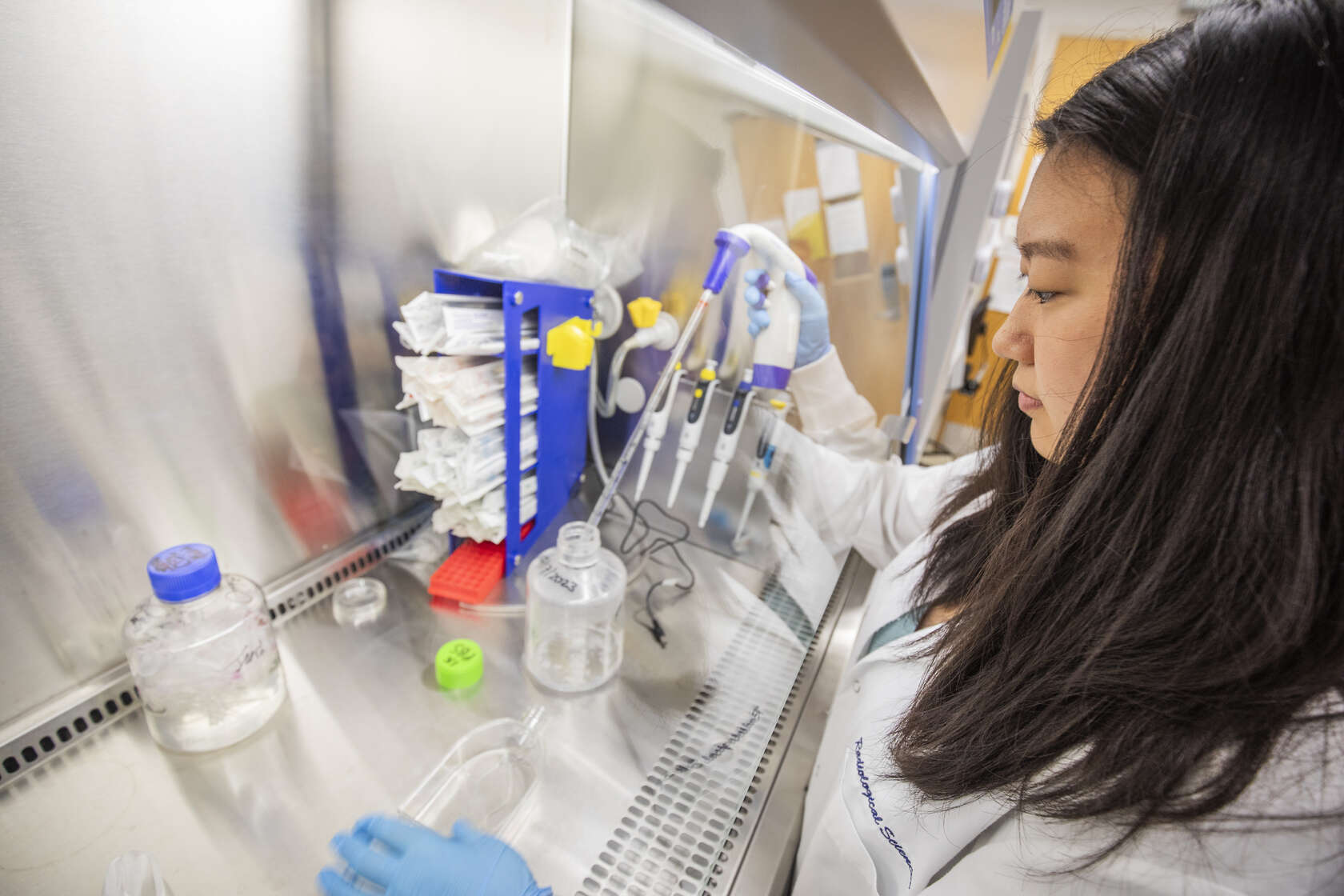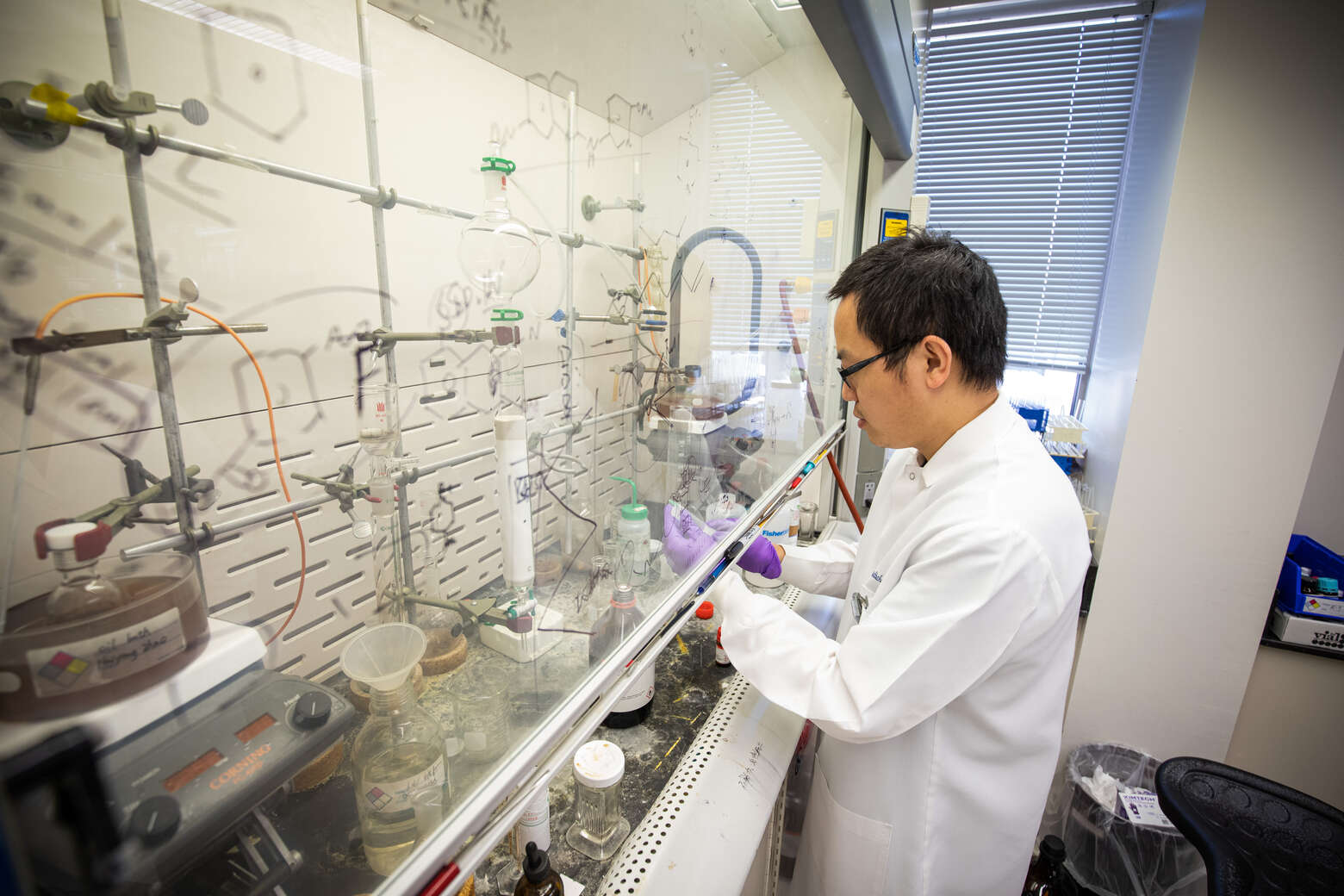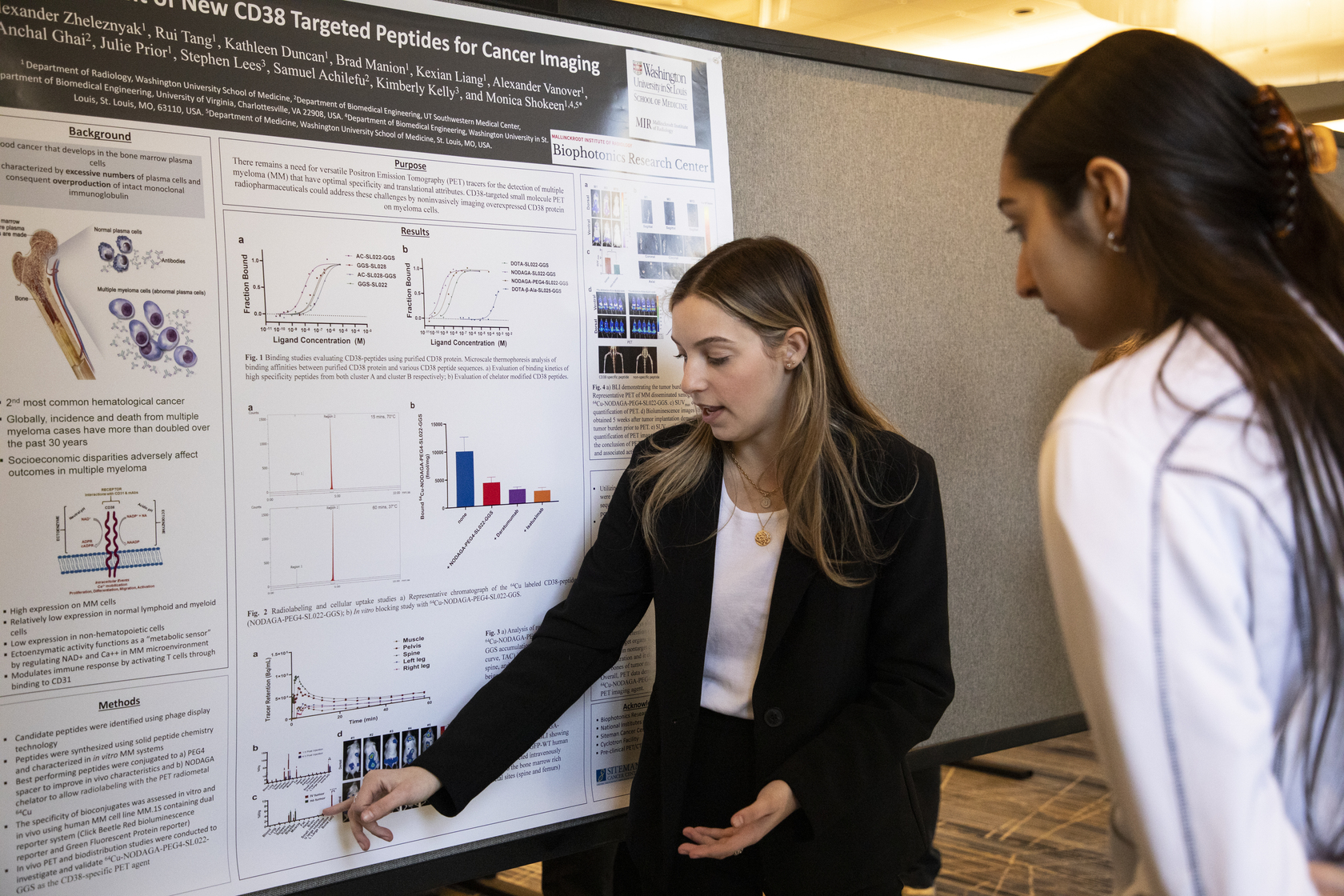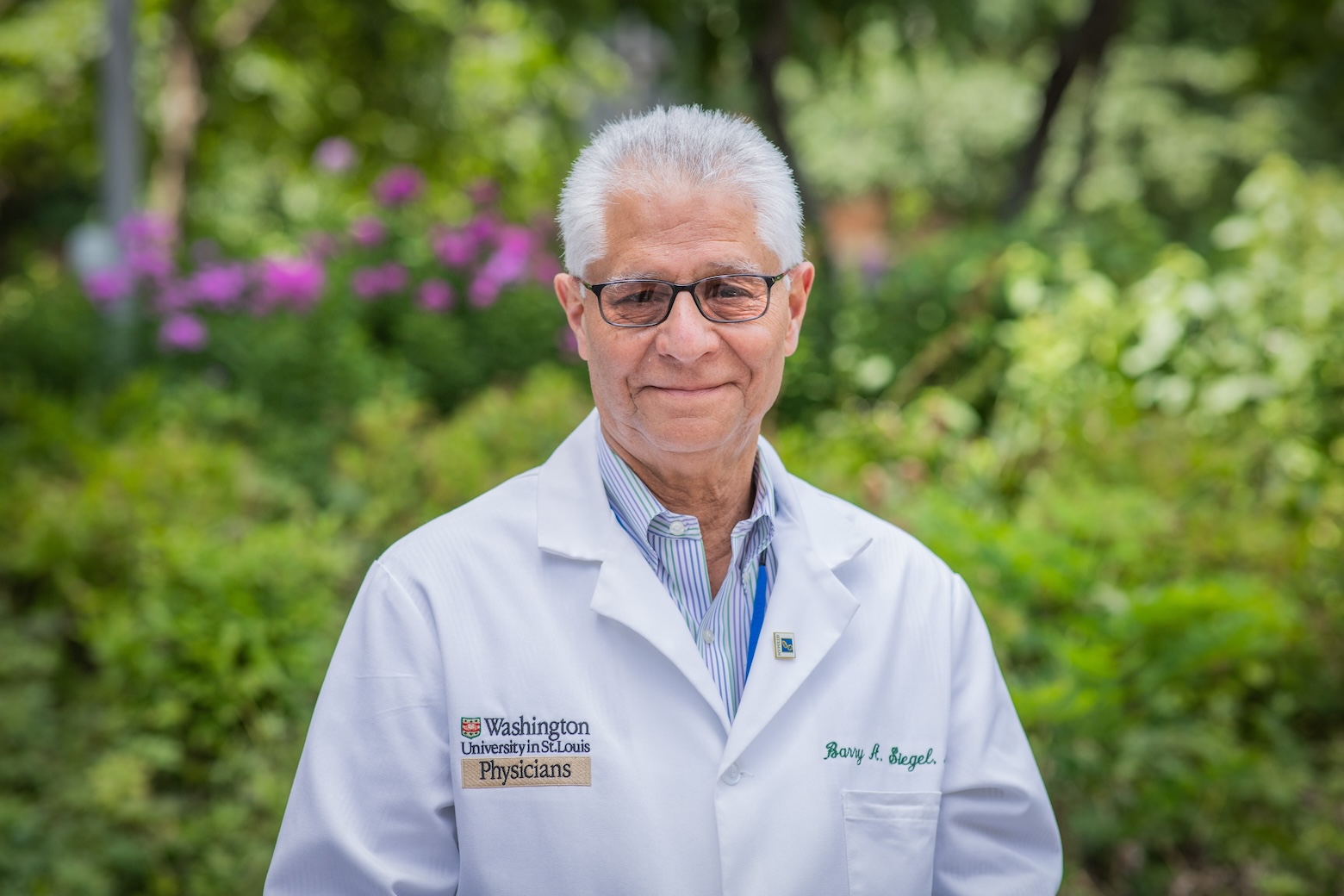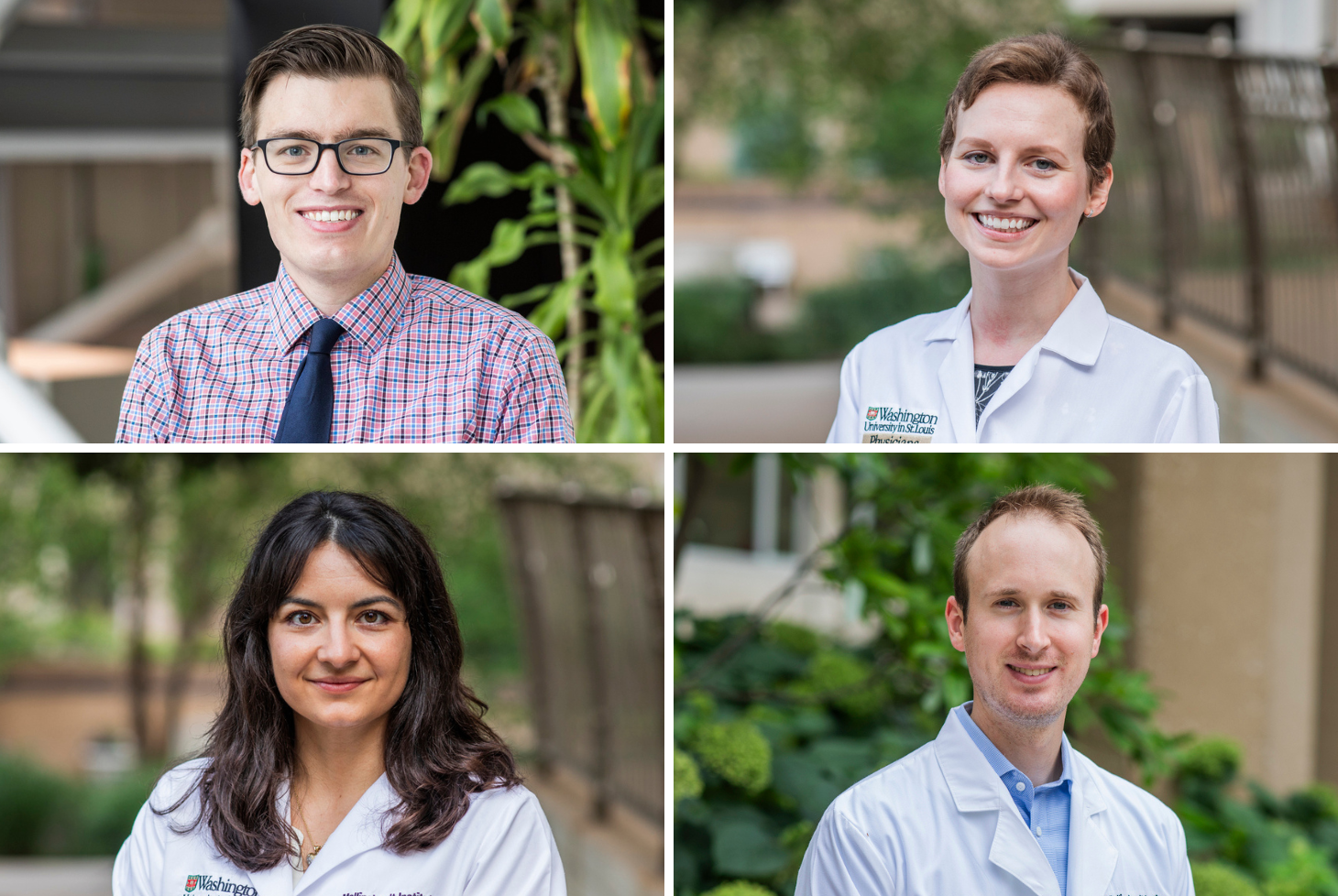Pride at MIR: Reflections from LGBTQIA+ Members & Allies
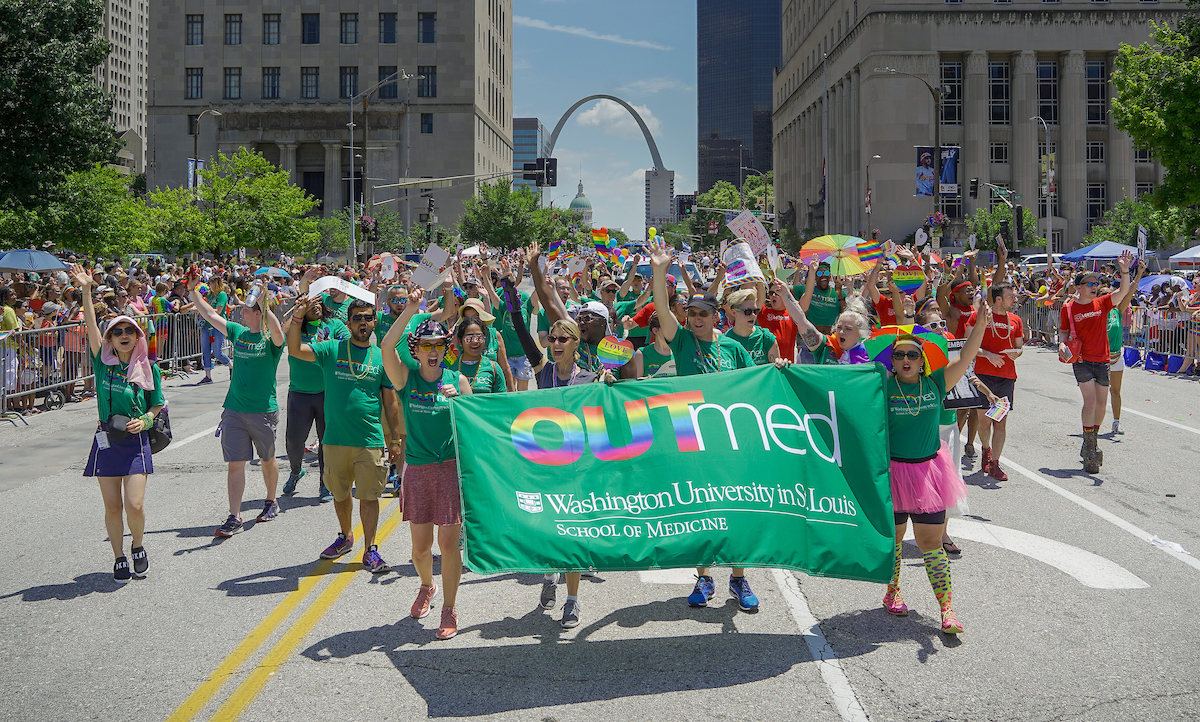
In recognition of Pride Month, which celebrates LGBTQIA+ people and their history, culture and contributions, we asked some members of Mallinckrodt Institute of Radiology’s Executive Diversity Committee (LGBTQIA+ identifying and allies) to reflect on what pride means to them, allyship, celebrating their identity and working towards a more equitable future.

Tell us about your first/favorite Pride march.
Gloria Guzmán Pérez-Carrillo, MD (Associate Professor of Radiology): My first pride experience was NYC Gay Pride during college, which is basically like going to the gay Oscars. The feeling of joy and comfort I felt that weekend made me feel more secure and proud of my identity as an openly lesbian Latina.
Daniel C. Castro, PhD (Assistant Professor of Radiology): I attended Seattle Pride as a senior in high school with my friends. At the time I was closeted, but I will never forget the electricity of being surrounded by queer people. I only wish I had come out sooner so that I could have participated in the community that today I could not imagine living without.
Meghan C. Campbell, PhD (Associate Professor of Radiology): At my first Pride parade, I was amazed to see so many LGBTQIA+ individuals all in one place and being so open. I will never forget how loudly the crowd cheered for the PFLAG group – it was wonderful to see supportive family members!
Why do you think it is important to express “pride” in different aspects of your life?
Campbell: It can be challenging and scary, but we need more visibility and representation for the LGBTQIA+ community. Hopefully, we can create a safe space at Washington University so that more members of the LGBTQIA+ community feel comfortable expressing their “pride” at work.
Castro: I like being gay. When groups are marginalized, a typical discriminatory tactic is to “legalize” an immutable fact about that community. Pride becomes a form of resistance against these discriminatory regulations because it demonstrates that despite attempts to shame and ridicule who we are, we instead exemplify the love we have for ourselves. As I move through the world, I would rather use love than hate to bring people together and fight for what is right.

As an ally, how can/do you show your support for the LGBTQIA+ community?
Thomas H. Schindler, MD, PhD (Professor of Radiology): I indicate my pronouns in my email and mail correspondence as an easy way to express respect and empathy. It is important to lead by example.
Kristi Luther (Manager, Digital Marketing and Communication): One of the easiest steps we can take is to incorporate more queer art and stories into our daily lives — for example, authors like James Baldwin and television shows like “Pose.”
Bob C. McKinstry, MD, PhD (Senior Vice Chair and Division Director, Diagnostic Imaging): As a departmental leader at MIR, I want to be a role model for allyship through my presence, my participation and my support.
What do you know now about being an effective ally that you wish you had known 10 years ago?
Castro: In brief, being an ally isn’t about you; it is about a larger power structure that, as a coalition of allies, we can work together to enact systemic change.
Luther: A key part of allyship is recognizing that all of our freedoms are bound together. Inaction because a specific issue doesn’t seemingly affect our day-to-day causes great harm. In the words of Maya Angelou, “No one of us can be free until everybody is free.” So, listen when LGBTQIA+ people share their perspectives and contribute to their efforts in whatever ways they identify as helpful.
As a member of the LGBTQIA+ community, tell us about a particularly impactful moment or experience.
Guzmán: I think my favorite involved a college colleague who came from a very religious background; in fact, her father was a minister. When she first found out I was a lesbian during our freshman year, she was actively hostile. Then I sat down with her and told her about myself, my truth and to discuss our communalities. By sophomore year, she was an active ally of our LGBTQIA+ campus group and to this day she remains a dear friend.

